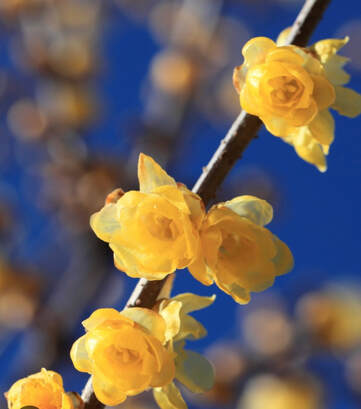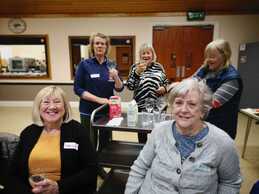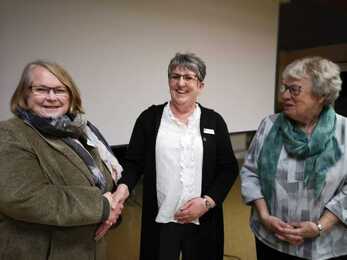WI Meeting Reports
February 2023
January 2023
We started our January meeting by looking back on our WI’s long term and successful response to some previous national WI campaigns including Trees for Trefonen, Women’s Health and the Wildlife Friendly Communities (WFC). The village website and the WFC area have new information every month about what flora and fauna we can see locally. There are often children’s activities too.
|
This review led us to consider what we should choose as the next national WI campaign. January is the time to look at the proposed resolutions and vote for the one we think is most important. K used a very informative PowerPoint to lead us through this year’s 4 resolutions and after discussion we each voted.
Our choices this year were:
The total votes for each resolution is sent to Shrewsbury to be combined with all the other Shropshire votes. This then proceeds to national level and the top few are voted on at the AGM. The WI then selects one or two to become organised national WI campaigns. |
|
At this point we all raised a glass to Trefonen WI in 2023 and Yvette Openshaw, our new Wi Advisor, introduced herself. She started her talk by commending our resolutions process and how we had kept links during lockdowns and grown our membership. She told us about her role as a WI advisor which involved training for 8 months with 16 other women, mostly on line. They have become a supportive peer group. Her official role is only to open and close WIs but she has responsibility to support 17 groups and was keen to get to know us and answer all our WI related questions.
|
|
Our next meeting is on Feb 2nd at 7.00 in Trefonen village hall when we will learn about The Story of Treflach Farm by Ian Steele. Visitors and new members are always welcome.
Please contact Victoria for more information 07773364992 v.gemmell@hotmail.co.uk |


